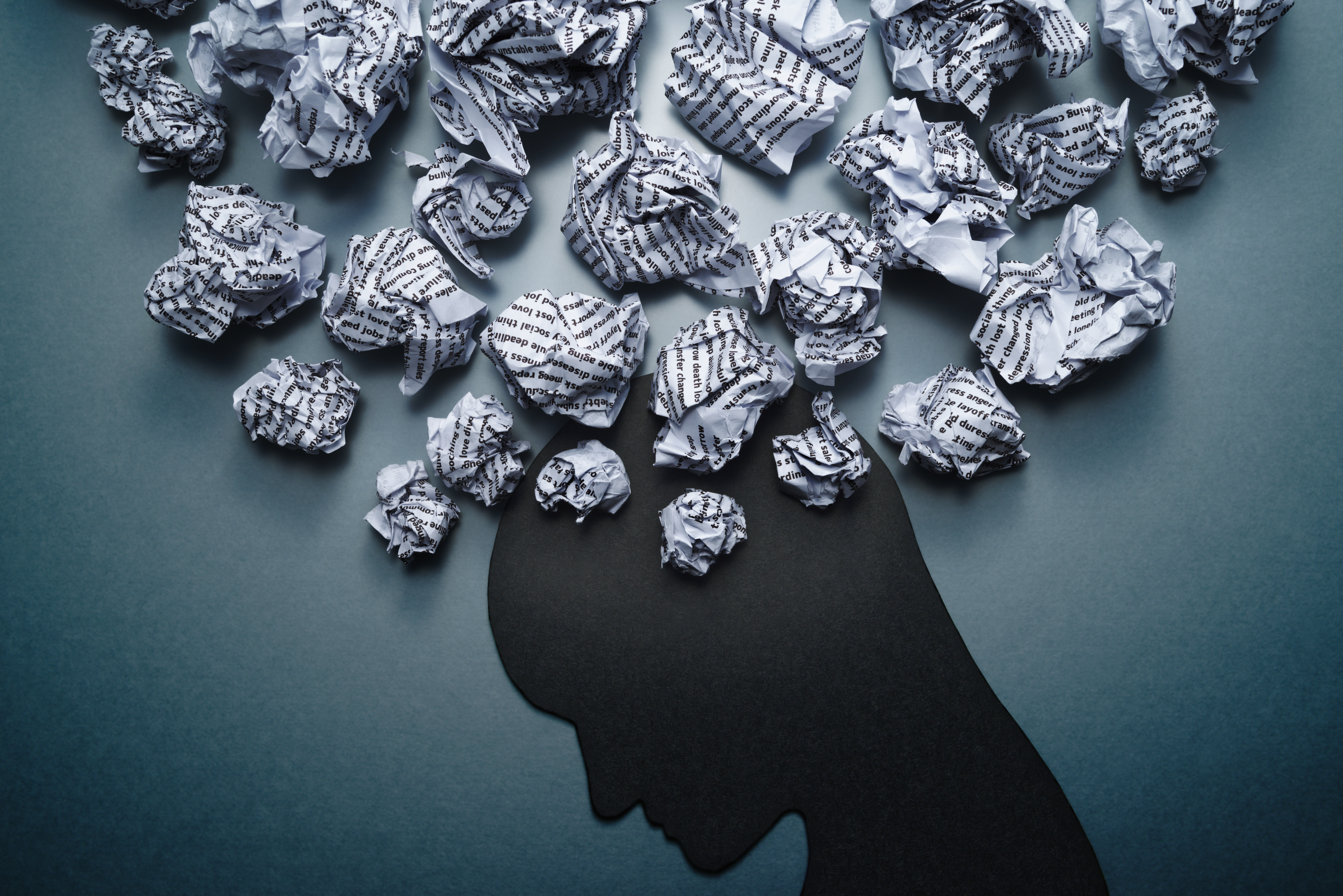The CDC estimates that 8.1% of adults aged 20 and over in the United States have clinical depression, also called major depressive disorder. Although depression is a widespread and debilitating disorder, there are a variety of treatments available, including antidepressants, psychological counseling, or a combination of both. Patients with treatment-resistant depression (depression that is difficult to treat) have access to additional therapeutics in the form of electroconvulsive therapy, repetitive transcranial magnetic stimulation, and vagus nerve stimulation if first-line antidepressant treatments are ineffective. These therapies involve electrical stimulation of brain regions involved in regulating mood to change brain chemistry and potentially reduce symptoms of depression. However, medication, psychotherapy, and these additional therapies often take weeks or months to work. Dr. Gerard Sanacora, a professor of psychiatry at Yale University, believes that ketamine is a potential alternative treatment that can help patients with severe, treatment-resistant depression in a matter of hours. These patients are often suicidal or have inclinations to seriously harm themselves within a short amount of time, thus making the need for alternative treatments invaluable.
Image Source: sdominick
Ketamine, commonly used as an anesthetic since 1963, as well as illegally as a hallucinogen, is now considered a potential medication for treatment-resistant depression. Research into ketamine as a possible antidepressant at subanesthetic doses has been ongoing since the 1990s, but until March 5, 2019, there had been no FDA approval for ketamine as an antidepressant. Esketamine, which is composed of only the S-enantiomer (ketamine is composed of both mirror-image molecules, R- and S-ketamine), is the first, new type of medication for treatment-resistant depression in decades.
Spravato®, the trade name for esketamine, is a nasal spray that a patient can only self-administer under the supervision of a health care professional in a certified medical office. Throughout the treatment plan, patients must take an oral antidepressant in conjunction with ketamine. According to Dr. Sanacora, a single dose or several doses of ketamine alone will not cure depression. A comprehensive treatment plan that includes ongoing treatments with ketamine, an oral antidepressant, as well as psychotherapy to help patients learn productive behaviors and attitudes, will assist in the formation of new brain connections that allow the brain to be more resilient against depression and stress.
The FDA granted Spravato® Fast Track and Breakthrough Therapy designations, which accelerated the drug discovery process. Since studies have only followed the outcome of patients for one year before approval, the long term effects of ketamine are currently unknown. Known side effects of ketamine include dizziness, rise in blood pressure, nausea, vertigo, anxiety, lethargy, and vomiting, with a few symptoms attributed to ketamine’s anesthetic and hallucinogenic properties. With the approval of esketamine and continued research into ketamine-like drugs, there is optimism regarding better outlooks for patients suffering from treatment-resistant depression.
Feature Image Credit: Tadamichi










